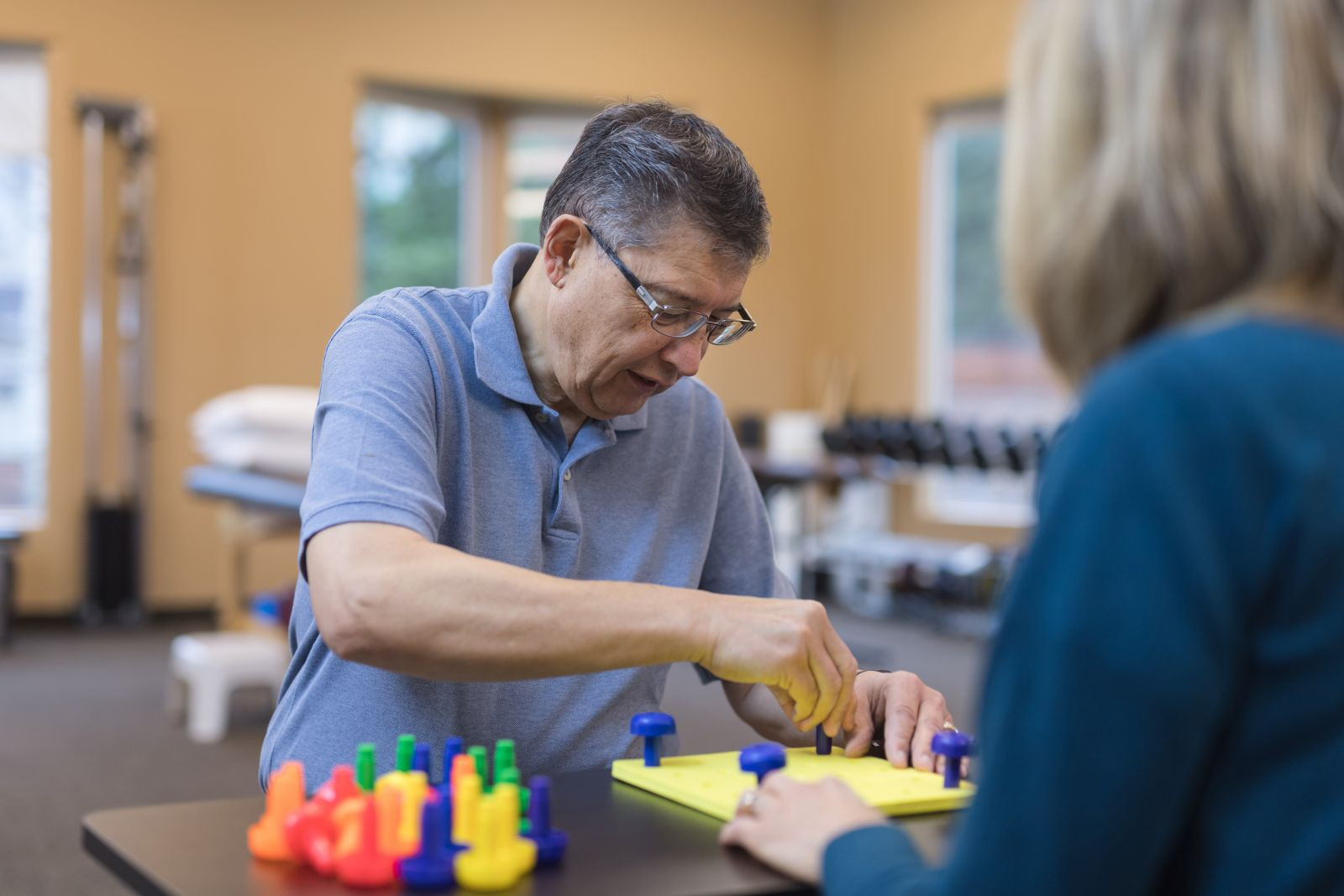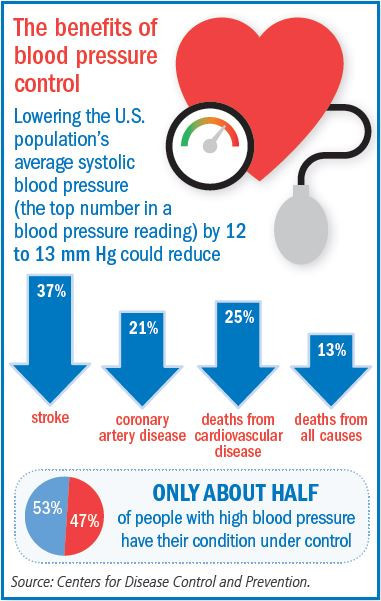
How — and why — to fit more fiber and fermented food into your meals

UTI in older women: Why postmenopausal women are susceptible to urinary tract infection, and what to do about it

Can a routine vaccine prevent dementia?

Some adults may need a measles booster shot. Who should get one and why?

Less butter, more plant oils, longer life?

Healthier planet, healthier people

Counting steps is good — is combining steps and heart rate better?

Appendix pain: Could it be appendicitis?

Can saw palmetto treat an enlarged prostate?

How does Ozempic work? Understanding GLP-1s for diabetes, weight loss, and beyond
Heart Health Archive
Articles
Understanding triglycerides
Triglycerides are the most common form of fat both in food and in the bloodstream. Growing evidence suggests that above-normal triglyceride levels can raise the risk of cardiovascular disease.
This unusual syndrome causes your heart to race when you stand up
A rapid heart rate—tachycardia—is a key feature of postural orthostatic tachycardia syndrome, or POTS, a mysterious condition that involves the nervous system and can cause a constellation of symptoms, including fatigue, shortness of breath, headaches, and brain fog, as well as pain in the chest, extremities, or elsewhere in the body. At least half of all cases of POTS are thought to be triggered by an infection (such as mononucleosis), which then spurs inflammation or an autoimmune response. Treatment includes drinking lots of water, eating lots of salt, and graded exercise training.
Our evolving understanding of the problem with plaque
New imaging techniques that use light or sound waves to create images of the inside of coronary arteries have helped researchers better understand the fat-laden plaque that builds up inside artery walls (atherosclerosis). Most heart attacks happen when small, inflamed areas of fatty plaque rupture suddenly, causing a clot that blocks blood flow. This may explain why treating large, obstructive plaques with stents or bypass surgery does not seem to prevent heart attacks or help people live longer.

How — and why — to fit more fiber and fermented food into your meals

UTI in older women: Why postmenopausal women are susceptible to urinary tract infection, and what to do about it

Can a routine vaccine prevent dementia?

Some adults may need a measles booster shot. Who should get one and why?

Less butter, more plant oils, longer life?

Healthier planet, healthier people

Counting steps is good — is combining steps and heart rate better?

Appendix pain: Could it be appendicitis?

Can saw palmetto treat an enlarged prostate?

How does Ozempic work? Understanding GLP-1s for diabetes, weight loss, and beyond
Free Healthbeat Signup
Get the latest in health news delivered to your inbox!
Sign Up











